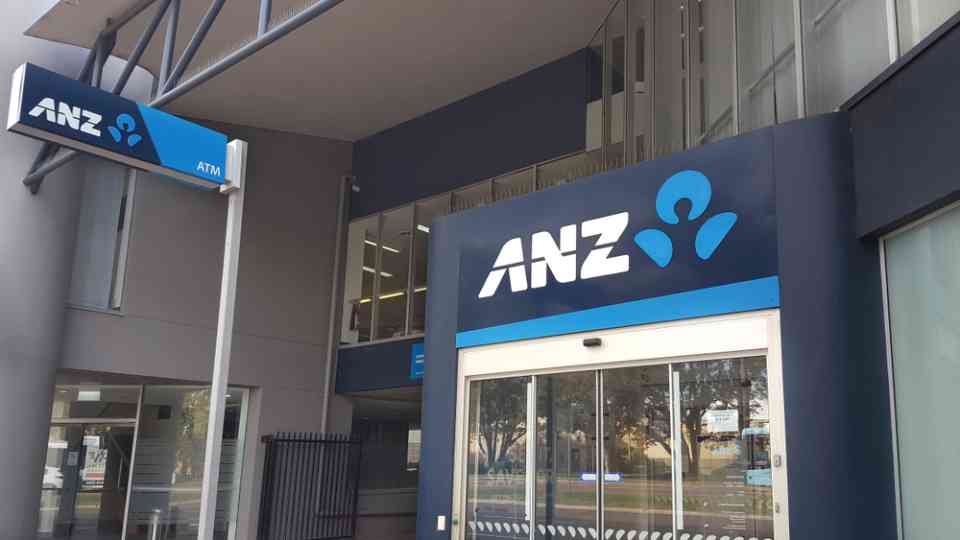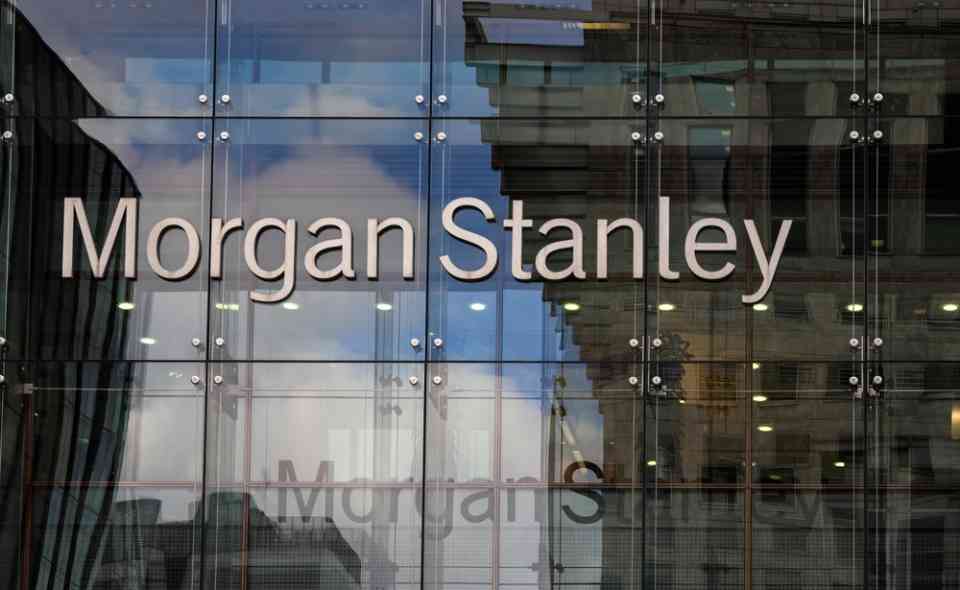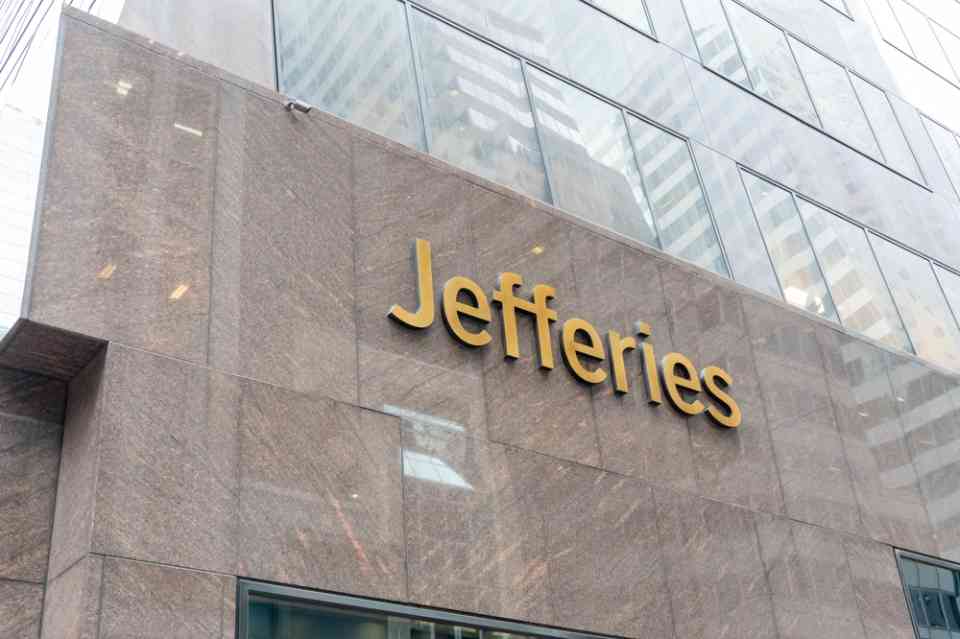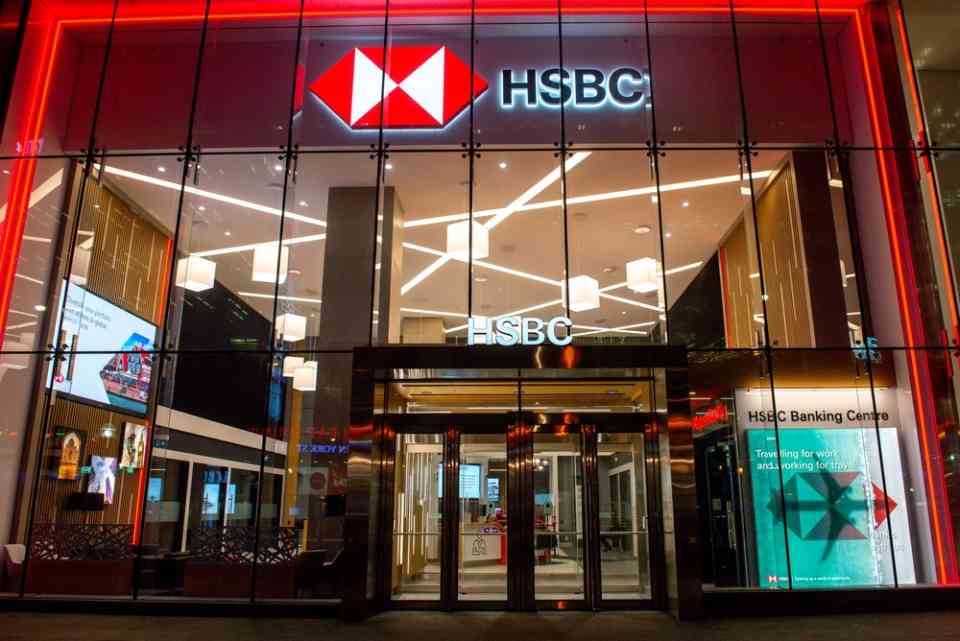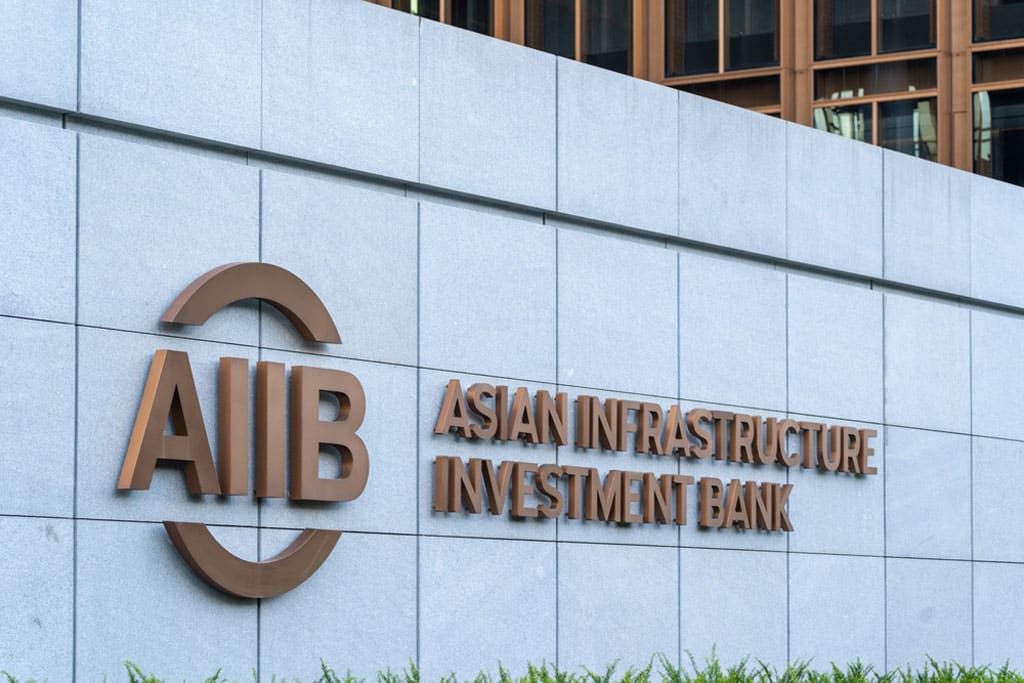HSBC’s new CEO, Georges Elhedery, has launched the bank’s most significant restructuring in over a decade, leaving employees and investors seeking clarity on crucial details. The overhaul, which includes merging two of the bank’s largest divisions and eliminating some longstanding regional units, did not provide specifics on potential job cuts or how much the changes would save the company, raising questions about the broader financial impact.
Many employees are reportedly unsure of their roles within the new organizational structure, and concerns have been raised about whether the bank will continue offering all its core services in every market. Analysts like Ed Firth from Keefe Bruyette & Woods remarked that while the changes seemed logical, it remained unclear whether the cost savings or restructuring charges would significantly impact the bank’s finances.
HSBC has stated that further details will be released with its full-year results in February, leaving shareholders waiting for more concrete information. The bank’s shares saw little movement following the announcement, reflecting the uncertainty surrounding the financial implications of the restructuring.
Elhedery, who took over as CEO in early September, has quickly made his mark. In just six weeks, he has restructured senior management twice, initiated the sale of operations in South Africa, Malta, and France, secured a major brand partnership with a leading global airline, and embarked on this sweeping corporate overhaul. He explained that these moves were designed to accelerate HSBC’s plans, stating that the new structure would create a simpler and more agile organization.
Restructurings at large institutions like HSBC, which has over 200,000 employees worldwide, can take months or even years to fully implement. For example, Citigroup, which announced similar changes last year, is still in the process of eliminating 20,000 jobs. Elhedery, however, has been vocal about his intention to reduce costs and simplify the 159-year-old bank’s structure, aiming to address longstanding concerns from investors about HSBC’s ability to compete in an environment of low interest rates, rising fintech competition, and increasing pressure from regional rivals.
He reiterated that the changes would help the bank serve customers more effectively and drive future success. Key elements of the restructuring include combining HSBC’s global commercial and institutional banking businesses under Michael Roberts and creating a new international wealth and premier banking division led by Barry O’Byrne. Geographically, HSBC will now operate under an Eastern region, including Asia Pacific and the Middle East, and a Western region, covering the U.K., Europe, and the Americas. Both Hong Kong and the U.K. will function as standalone units, granting local managers more authority to run these critical profit centers.
Several senior executives have been displaced as part of this overhaul, reducing the size of the top management team and consolidating more power among the remaining leaders. While Elhedery held a company-wide call to address employee concerns, reports suggest little new information was shared beyond what had already been made public.
One point Elhedery emphasized was that HSBC’s strategic focus on Asia would remain unchanged, but his approach to executing that strategy might differ from previous leadership. Merging the bank’s commercial and investment banking divisions, an idea some of his predecessors considered too risky, is intended to encourage collaboration across departments with a stronger focus on customer needs. By carving out Hong Kong and the U.K. as standalone businesses, Elhedery aims to give local management more control, enabling them to make decisions faster without the need to answer to distant executives.
Elhedery has indicated that these changes will sharpen HSBC’s competitive edge in key markets, allowing it to grow in areas where it has the most potential. However, the cost of this transformation remains uncertain. UBS analysts have highlighted that the potential restructuring charges are still “unknown and important.” While HSBC might offer some updates during its third-quarter results later this month, the full details won’t be available until February, leaving a prolonged period of uncertainty for employees, investors, and analysts alike.
Questions also persist about the future of operations that weren’t addressed in the restructuring announcement, including HSBC’s units in Mexico and Australia, as well as how its insurance business will fit into the new wealth management structure. The bank has declined to comment on these specific issues.
Last year, HSBC fended off a campaign from Ping An Insurance Group, one of its largest shareholders, which had pushed for the bank to spin off its Asian business. HSBC argued that such a separation would be expensive and risky. Nevertheless, Elhedery’s decision to create a distinct Eastern division appears to mirror aspects of what Ping An had proposed, albeit without the separate listing that the Chinese insurer had advocated for.
The changes to the U.K. business, which now includes all of HSBC’s domestic commercial banking operations, could also spark further speculation about the long-term future of the unit, as the possibility of spinning it off has been floated in the past. Analysts like Joseph Dickerson from Jefferies believe that definitive answers about the full impact of these moves may not come until the bank’s third-quarter results or even later.
Have you read?
Richest Billionaire Investors.
Billionaire Winners.
Billionaire Losers.
Best Business Schools.
Best Hotel Schools.
Add CEOWORLD magazine to your Google News feed.
Follow CEOWORLD magazine headlines on: Google News, LinkedIn, Twitter, and Facebook.
Copyright 2024 The CEOWORLD magazine. All rights reserved. This material (and any extract from it) must not be copied, redistributed or placed on any website, without CEOWORLD magazine’ prior written consent. For media queries, please contact: info@ceoworld.biz
CEOWORLD magazine – Latest – Banking and Finance – HSBC’s CEO Pushes Rapid Overhaul Amid Uncertainty



